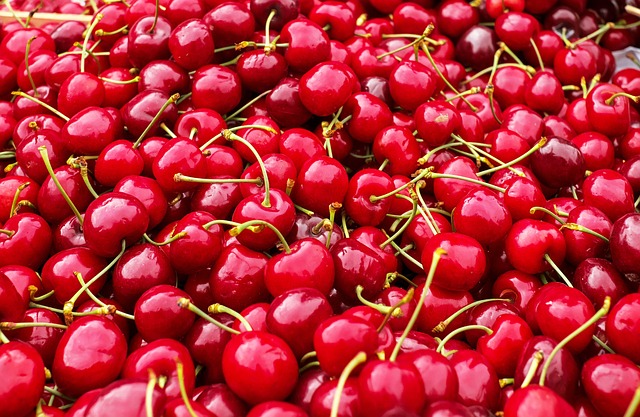Cherries are an important part of Michigan’s agricultural success, amounting to 75 percent of all cherry production in the U.S and 90,000 tons of pure profit for a number of associated industries that make use of the tart fruit. At least for now. The industry is fragile, unstable, at very much at risk from international competition and natural weather events. Turkey in particular is “dumping” cherry products into America, undercutting the Michigan staple.
As tariff-free imports from Turkey continue to increase, profits are quickly diminishing. Executive Director Phil Korson of the Cherry Marketing Institute warned that “it’s won’t take long” for the industry’s destruction “if we don’t find a way to combat this.”
To make matters even worse, tart-cherry juice concentrate from abroad is subsidized. This is the result of the United States’ Generalized System of Preferences, which is supposed to work in favor of developing nations in order to grant them tariff-free trade. The trade policy was never supposed to harm American farmers, though, and so the government will soon decide whether or not to remove cherry juice from their list of tariff-free subsidies. Trump will make the final decision.
For now, cherry farmers in Michigan are holding back expansion plans. Some with a more pessimistic outlook are even ripping old trees out of the ground in order to use the land for new crops.
Unfortunately, foreign competition is not the only force against which farmers have to fight in order to secure their livelihood. A late spring frost is capable of demolishing an entire crop. Over 90 percent of Michigan’s cherry crop was destroyed in 2012. This is especially devastating to the state tourism industry, which holds the National Cherry Festival annually in July.
Cherries are so important to Michigan farmers that the annual Northwest Michigan Orchard and Vineyard show will present new tart cherry production models alongside an annual meeting presented by the Cherry Marketing Institute to make promotions for farmers.
Over the last decade, prices have plummeted from 35 cents a pound to 10 cents a pound. 25 cents are needed just to earn enough to break even. Many people don’t realize that farmers are the lowest people on the chain in order of pay. They pay their suppliers and fund their equipment, and then they get the leftover scraps. The cherry industry might be in big trouble, but farmers certainly aren’t ready to give up without a fight.


